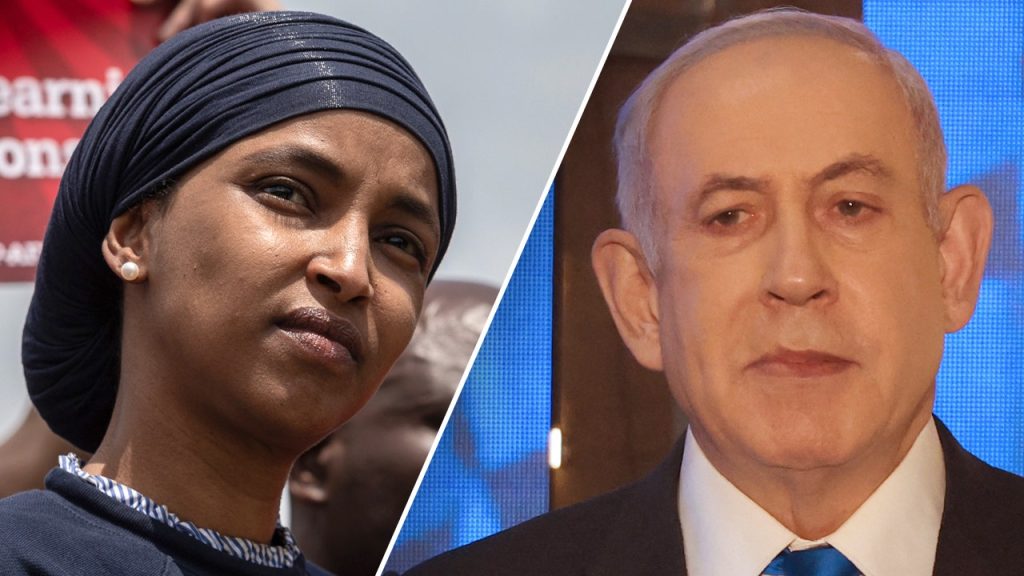Four Congressional leaders have invited Israeli Prime Minister Benjamin Netanyahu to speak to a Joint Meeting of Congress. Netanyahu has accepted the invitation, expressing his gratitude for the opportunity. However, the decision to invite Netanyahu has sparked controversy on Capitol Hill, with Democrats divided on the issue. Progressives have criticized the invitation, citing concerns about Netanyahu’s actions in the Middle East and accusing House Speaker Mike Johnson of trying to divide the Democratic Party. While some Democrats oppose the address, others, including House Minority Leader Hakeem Jeffries and Senate Majority Leader Chuck Schumer, support it.
Despite tensions among Democrats regarding Netanyahu’s address, House Democratic Caucus Chairman Pete Aguilar has emphasized the importance of maintaining respect and decorum during the event. Aguilar encourages members of Congress to be considerate of the gathering and adhere to the leadership’s wishes for a peaceful gathering. Some Democrats, such as Rep. Alexandria Ocasio-Cortez, believe that the speech is unconstructive and does not align with U.S. efforts to establish a ceasefire. However, Rep. Brad Schneider, a strong supporter of Israel, disagrees with Ocasio-Cortez’s remarks and stresses the importance of listening to what Netanyahu has to say as a critical ally in the Middle East.
The divide within the Democratic Party over Netanyahu’s speech reflects broader tensions surrounding U.S. policy towards Israel and the Middle East. While some Democrats have voted against providing assistance to Israel, others, like Schneider, remain steadfast in their support for the U.S.-Israel relationship. As Democrats navigate these differences, the upcoming address by Netanyahu is likely to serve as a test of unity for the party. If Democrats fail to address these divisions, it could impact their ability to gain control of the House and re-elect President Biden in the future.
The controversy surrounding Netanyahu’s address underscores the complexities of Middle East politics within the Democratic Party. While Republicans often face their own internal divides, Democrats must address deep-rooted tensions over issues related to Israel and U.S. foreign policy. The upcoming speech by Netanyahu may further exacerbate these divisions and influence the party’s future electoral prospects. If Democrats are unable to reconcile their differences and build consensus on key issues, they risk further internal strife and potential setbacks in future elections.
As Democrats grapple with the implications of Netanyahu’s address and the internal divisions within the party, the future political landscape remains uncertain. While some Democrats are intent on supporting U.S. efforts to establish peace in the Middle East, others have reservations about Netanyahu’s role in the region. The upcoming address by Netanyahu is likely to highlight these differences and challenge Democrats to find common ground. Moving forward, the party’s ability to address these disagreements and work towards a unified stance on critical issues will be crucial for their political success in the years to come.


